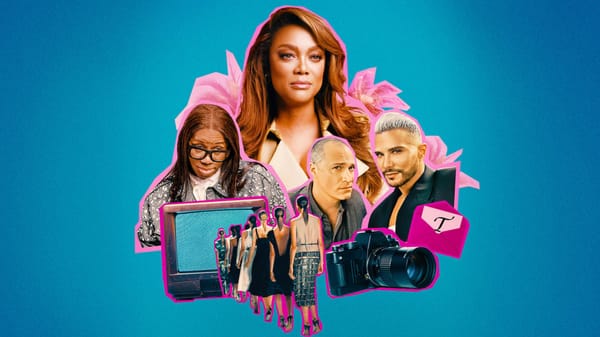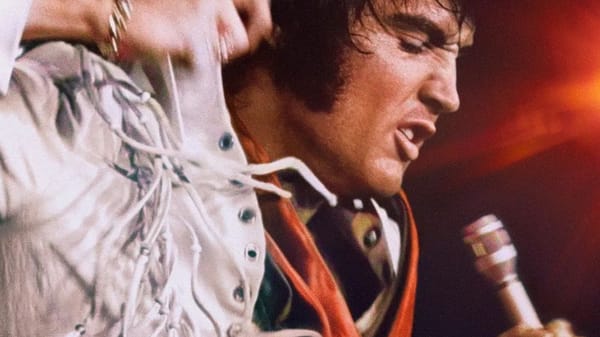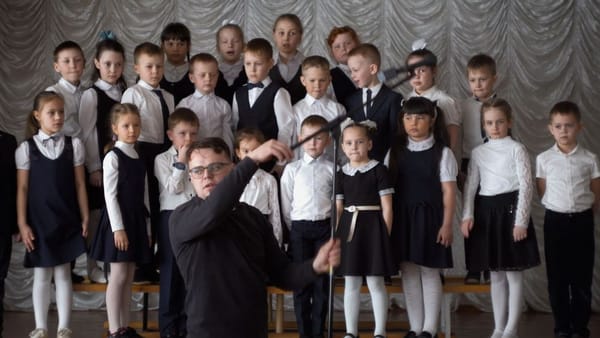The Body Politic (dir. Gabriel Francis Paz Goodenough)
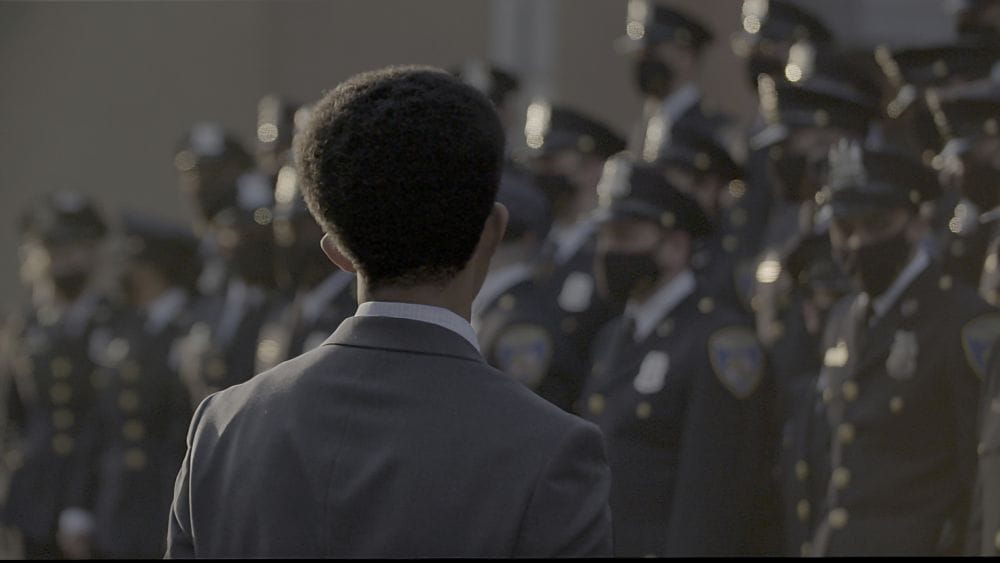
There is a line in The Body Politic that I can’t quite get out of my brain. Like a tick or a worm, burying its way in. It’s spoken by a disembodied voice—maybe it’s a television news reporter or a politician at the dais, and they say, “You can’t just let lawlessness take control of the city.” This film, of course, being about the murder epidemic of Baltimore, the same city wherein police were found not responsible for the death of Freddie Gray in 2015. And it is said in the film around the same time as police perform an act of capital punishment right there on an open street of Minneapolis with the killing of George Floyd in 2020 during the first wave of the COVID-19 pandemic (masks are everywhere in this film). Lawlessness, as we know, is a one-way street to most in positions of power, where corruption is second nature and a life can be extinguished (usually) without recriminations.
The subject of The Body Politic, Gabriel Francis Paz Goodenough’s debut feature, knows this all too well. In the early passages of this doc, he is seen campaigning for Mayor of Baltimore, having lived there his entire life and seen tactics and initiatives fail to protect the (predominantly poor and black) people of the city he loves. Brandon Scott wins that election, somewhere that other films may have stopped (such as Marshall Curry’s excellent Oscar-nominated Street Fight about Cory Booker run for Mayor of Newark, New Jersey). It probably would have been a good film because Goodenough’s skill at capturing impromptu moments of clarity without the political bullshit is compelling (Scott helps a lot there, too). But instead, it pivots rather quickly to his win amid national unrest of Floyd’s death and a highly-energised core of young voters coming out in support of somebody who, it appeared, understood them and spoke their language. As we come to see throughout what follows, that is in stark contrast to others including the Maryland Governor who I’m almost surprised doesn’t speak with a dog whistle around his neck for protection.
The title of “the body politic” refers to the collective as one. Scott is the head and we observe as he goes about attempting to bring change to Baltimore. Not just change in the form of a falling homicide rate—we are told that there are more murders in this city than all of New York City, a city of 15-times the population. But change in the way things are done. His first act in office appears to be the removal of a painting from the city’s town hall; a painting that depicts a white man and his black slave.
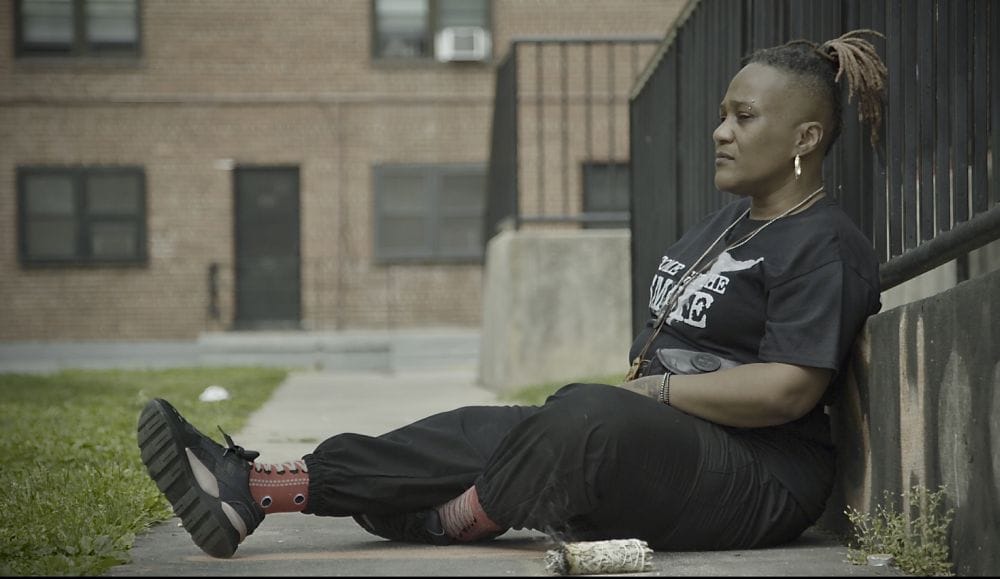
His plans to tackle this crimewave, I’ll admit, seemed a bit muddy to me as shown in the film. We see outreach and we see community engagement, but this could have perhaps been more clearly set out throughout. Especially so during its middle passage that focuses more on the murders and less on Scott and his actions. Understandable, I suppose, but when we are shown obstruction from political adversaries, I wanted it to really get into the policies that they’re all arguing about. The other side got off too lightly if you ask me. Other interesting angles go unexamined, also. At one stage, what I think was a councilman says too little attention was paid to the violence in his district compared to another, which could have been a fertile way to look at Baltimore on a broader scale—I'm curious what else was happening across this city at the same time! I was also super intrigued about the new Mayor’s interactions with police, something that differentiates American mayors from places like Australia and therefore adds a real layer of complexity to the career of a black politician.
But the filmmaker is so lucky to have a subject in Brandon Scott. He comes across as so naturally charismatic, particularly in more casual moments. Shopping for groceries, playing basketball with kids. Even in his talking head testimonials come across as honest and willing to say what’s on his mind. Which makes for an interesting tonal switch for when he has to speak like a politician in front of others (or a chat with his father that reads a bit like they're each being poked to discuss certain topics albeit harmlessly). Many of those who surround him, too, are captivating figures who could easily have been the subject of a movie in their own right. Goodenough knows interesting human subjects for his camera to watch and he does so elegantly with an inobtrusive camera.
It's perhaps a bit of a missed opportunity that the good news of his programs’ eventual successes (presumably) came too late in the filmmaking process and are relegated to a pre-credits title card. How I would have loved to see Scott and his team see the fruits of their labour come to pass and to witness Baltimore begin to change for the better however modestly. Much like Brandon Scott himself, The Body Politic is building towards something quite profound. If he finds himself propelled to an even higher office in later years (like Senator Booker), this documentary should be enough to show people his tenacity and his fight.
If you would like to support documentary and non-fiction film criticism, please consider donating by clicking the above link. Any help allows me to continue to do this, supports independent writing that is free of Artificial Intelligence, and is done purely for the love of it.
